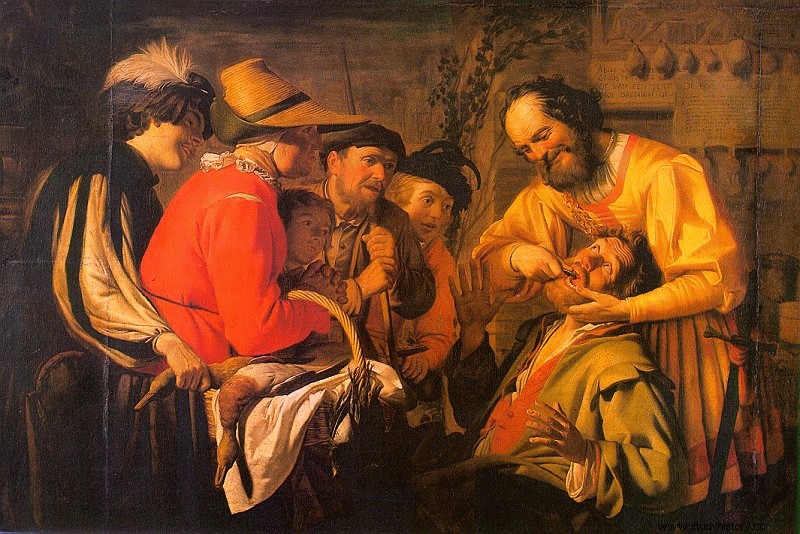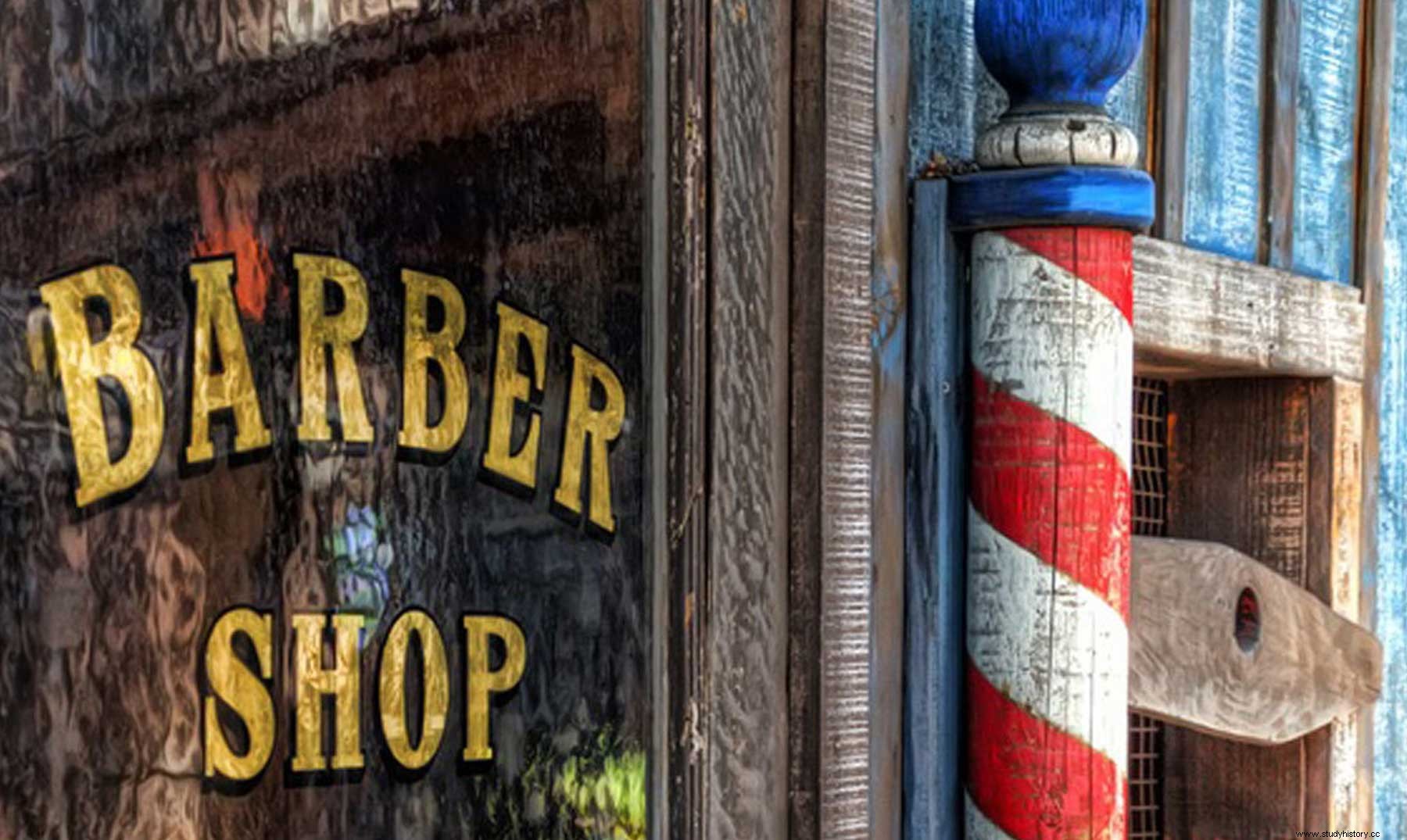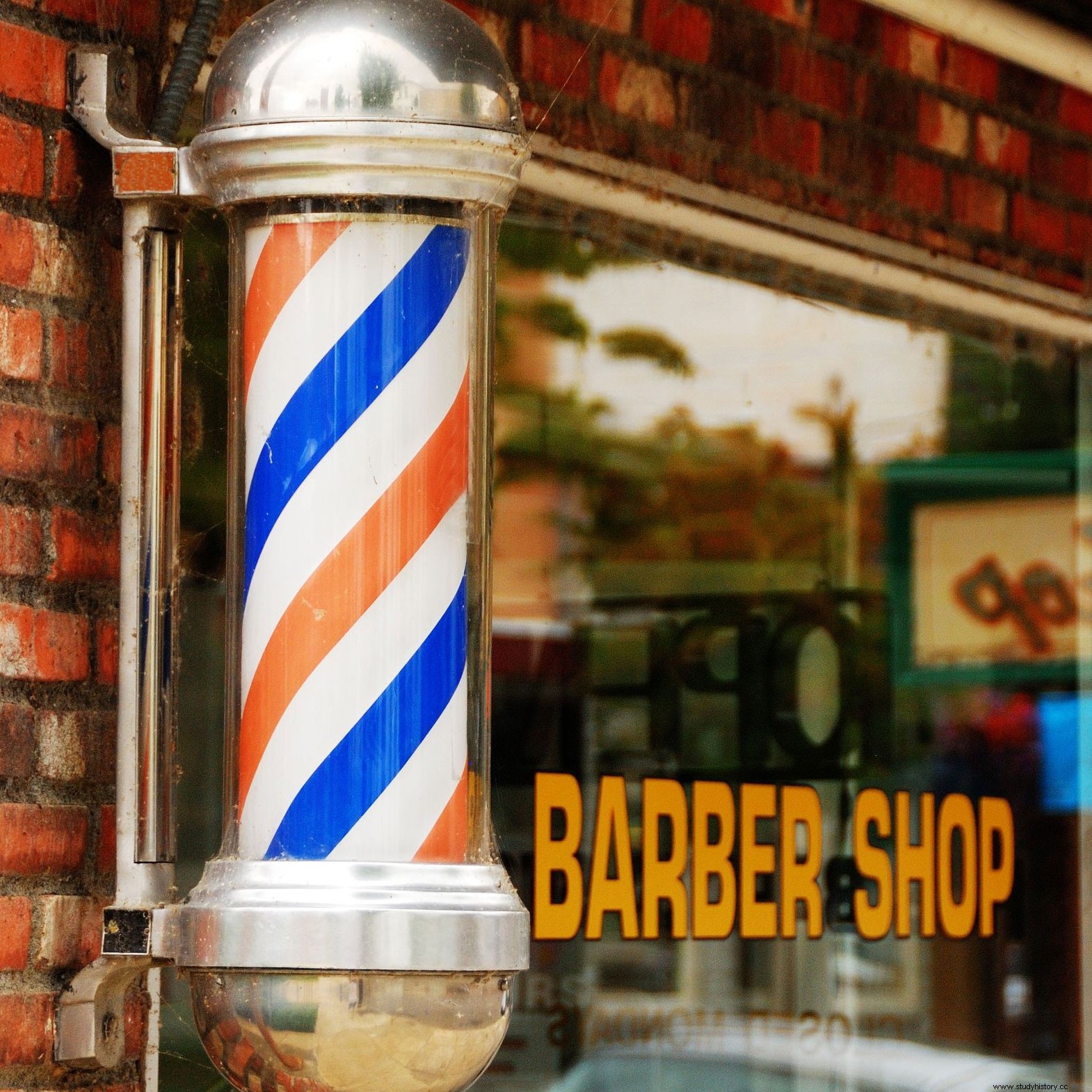During the Middle Ages, hospitals began to flourish throughout Europe, as well as where the religious orders (Templars and Hospitallers) arrived. They were linked to monasteries or orders (such as the Jerusalem hospital of the Order of the Knights of Saint John) and staffed mainly by monks or clerics. At first, these hospitals not only cared for the sick but also pilgrims, the poor, abandoned children... and, unlike lay doctors, these medical monks practiced medicine and charity. It was a charitable medicine and limited to a few uncensored treatises and, logically, without any capacity for research or experimentation. Therefore, in some surgical intervention -to call it in some way because sometimes they were closer to torture than to medicine- some of his patients stayed on the operating table. The guilt of a man's death was a heavy and ungrateful burden for those monks who practiced medicine out of charity. In 1215, Pope Innocent III decided to put an end to this practice and promulgated the bull Ecclesia abhorret a sanguine (The Church abhors bloodshed), with which surgical practice was officially prohibited for clerics.

From that moment on, the responsibility for surgery was left solely to the surgeons of the time:the barbers . Like our Thermomix today (chops, chops, grinds, kneads, grates... and cooks), barbers pulled teeth, indented, trepanned... and cut hair. To make their stores recognizable, and after several marketing studies, they chose as a distinctive sign a cylinder with oblique red and white stripes around it, which they placed on the doors of their stores. The cylinder represents a bloody arm with bandages around it, by way of the bloodletting that was practiced inside it. At the end of the 19th century, the surgeons, who were professionals with studies, managed to get the barbers to stop exercising that practice, but they kept the symbol in their premises. For this reason, today the two-tone cylinder still represents a barbershop.

France and the USA wanted to give it their patriotic touch and added a blue band so that it had the colors of their flags.

And Pope Alexander VI also dealt with doctors. In a reception of the Pope to the envoys of a foreign court, and after a good dinner and a good wine, it was commented among the assistants if doctors were necessary or not. The generalized opinion opted for considering them totally expendable -remember that on many occasions the remedy was worse than the disease-. The Pope spoke and sentenced:
I differ from that criterion. I believe that the existence of doctors is necessary, because without them the population would grow so much that it would not fit in the world.
